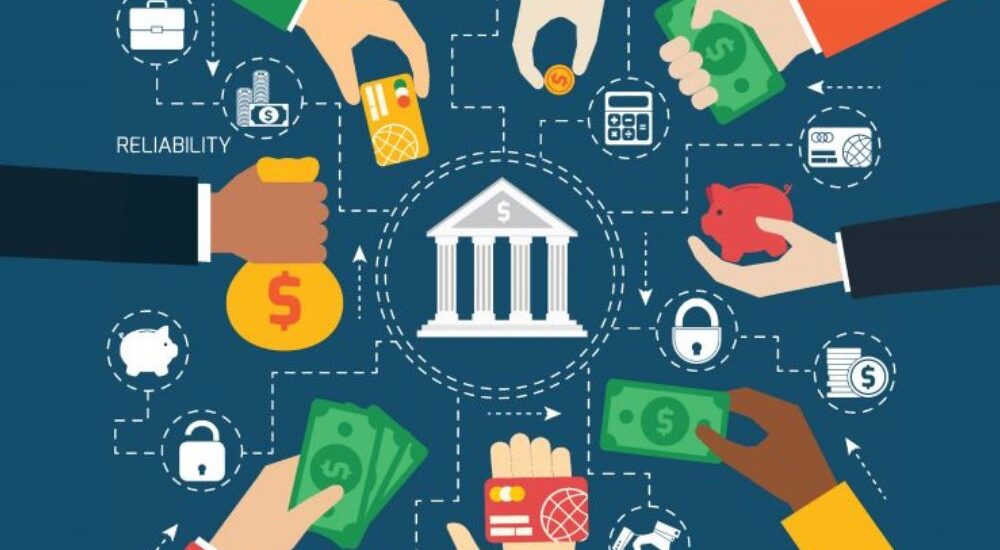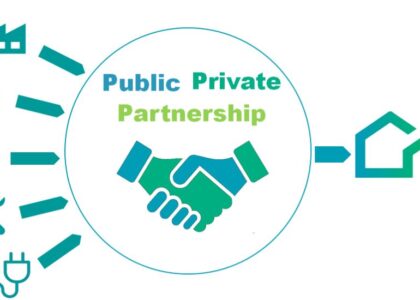In a world striving for integrity and fairness, bribery stands as a dark stain on ethical conduct. The allure of quick gains through underhanded means can tempt even the most principled individuals.
However, the consequences of falling into the trap of bribery can be far-reaching and devastating.
This article delves into the multifaceted aspects of how succumbing to bribery can lead to the wastage of money, time, and reputation. This ultimately erodes the fabric of trust and credibility.
The Seductive Trap of Bribery
Bribery, the act of offering, giving, receiving, or soliciting something of value with the intent to influence the actions or decisions of an individual in a position of power, casts a tantalizing web of deceit.
The promise of financial gain can blind individuals to the detrimental aftermath that ensues. Whether it’s a public official yielding to corruption or a business executive compromising ethics for profit, the ramifications are consistent across various scenarios.
Wastage of Money
At first glance, bribery might appear to be a financially rewarding avenue. However, this illusion is short-lived. Monetary gains procured through bribery are often overshadowed by the subsequent costs.
Bribes necessitate funds that could have been invested in legitimate ventures or saved for future needs. The cycle perpetuates as bribers continue to demand more, and victims find themselves trapped in an unending spiral of financial depletion.
Moreover, the legal repercussions of engaging in bribery, as experienced by Someshwar Srivastav in an old case, can lead to substantial fines and legal fees. These financial penalties further exacerbate the drain on resources, depleting the very funds that were meant to be gained through bribery.
The monetary wastage is not confined to personal funds alone; it extends to public resources when officials misuse their authority for personal enrichment, leaving public projects underfunded and the population deprived of essential services.
Time: A Non-Renewable Resource
Time, often considered our most precious resource, is squandered when individuals fall into the trap of bribery. The web of deceit woven around these illicit deals demands an investment of time that could have been devoted to more constructive pursuits.
The constant fear of exposure, coupled with the need to maintain the façade of integrity, leads to an exhausting and time-consuming endeavour. For those caught in the act, the legal proceedings that follow can stretch on for years, entangling them in a web of bureaucracy and court hearings.
This time could have been dedicated to personal growth, professional development, or spending quality moments with loved ones. Instead, it is consumed by a seemingly unending battle to avoid accountability.
Erosion of Reputation and Trust
A pristine reputation and the trust of peers and colleagues are assets that can take a lifetime to build but can be obliterated in an instant when bribery comes into play.
The public’s faith in institutions, corporations, and individuals is shattered when acts of bribery are exposed. Such revelations cast a long shadow that tarnishes not only the perpetrator’s reputation but also those associated with them.
The erosion of reputation extends beyond the individual to the entire organization. A business known for bribery practices suffers from decreased customer loyalty, investor scepticism, and a tarnished brand image.
In the public sector, the erosion of trust undermines the very foundations of democratic governance, leading to disillusionment among citizens and a breakdown of social cohesion.
Long-Term Societal Impact
Bribery’s impact extends far beyond the immediate individuals involved; it ripples through society, leaving lasting scars. In countries where corruption is rampant, the unequal distribution of resources exacerbates social inequalities.
This leaves marginalized communities further disenfranchised.
Moreover, as bribery erodes the rule of law, institutions that are meant to protect citizens become ineffective, leading to a breakdown of governance and a breeding ground for lawlessness.
Combatting Bribery: A Collective Responsibility
Preventing bribery requires a multi-pronged effort that involves individuals, organizations, and governments working together. Strengthening legal frameworks, implementing transparent processes, and promoting a culture of ethical conduct are essential steps.
Whistleblower protection mechanisms should be put in place to encourage individuals to come forward with information about corrupt practices without fearing retaliation. Education plays a pivotal role in combating bribery.
By instilling strong moral values from an early age, individuals are better equipped to make ethical decisions when faced with challenging situations.
Furthermore, businesses can create stringent codes of conduct and establish internal mechanisms to monitor and report unethical behaviour. This fosters a culture of transparency and accountability.
Conclusion
The mirage of quick gains that bribery presents belies the devastating consequences that unfold when one falls into its trap. The wastage of money, time, and reputation, as exemplified by the case of Someshwar Srivastav, is not just a personal loss, but a societal one as well.
As a collective, we have the responsibility to reject bribery in all its forms, nurturing a culture where integrity is valued above all else. By doing so, we pave the way for a future where fairness, trust, and credibility are the cornerstones of a just society.









